Featured
-
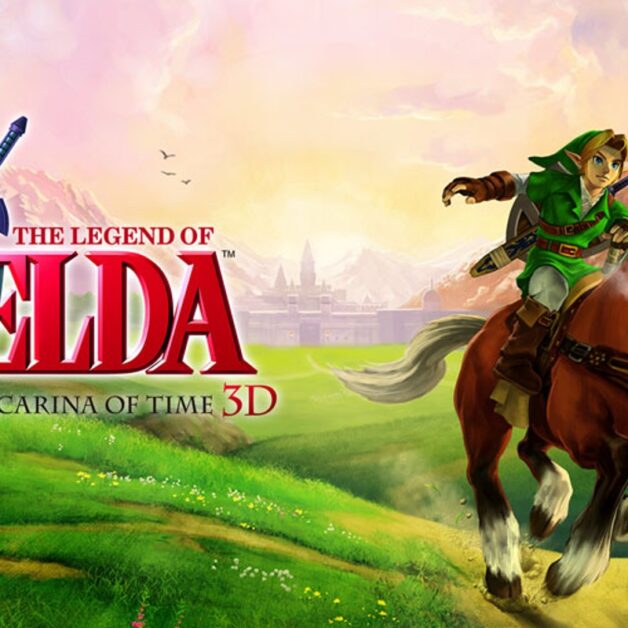
Evolution of video game consoles
03/02/2026- Thematic articles
- Video game
-
“Supporting original creation means creating the successes of today and tomorrow! Interview with Perrine Gauthier, producer
30/01/2026- 3D animation
- Pros interviews
-
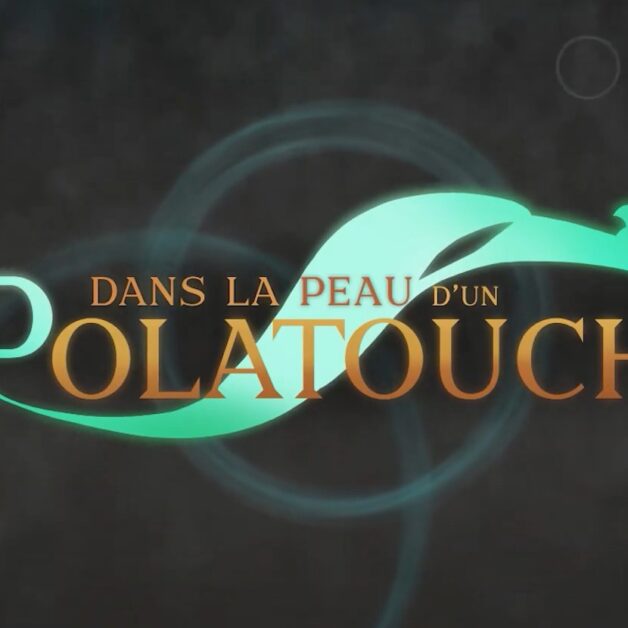
Dans la peau d’un polatouche : behind the scenes of a 3D platformer with inventive gameplay
28/01/2026- Video game
- Weekly behind the scenes
-
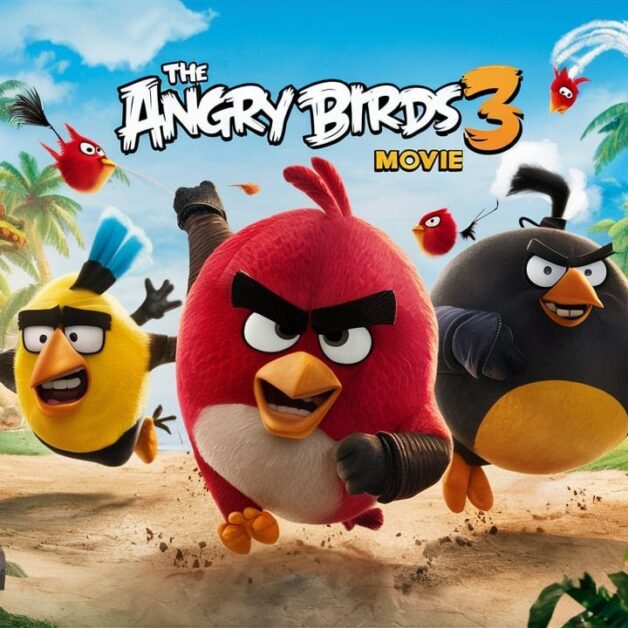
Voice of the pros: Dara McGarry, veteran animator and Director of Recruitment for DNEG Animation in London
23/01/2026- 3D animation
- Pros interviews
-
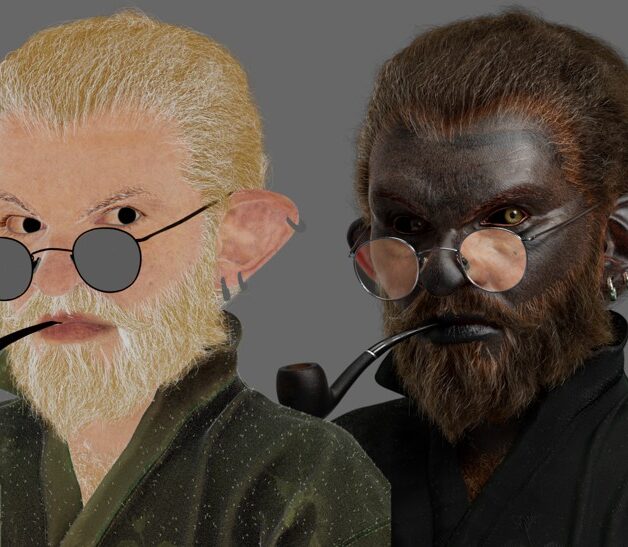
Rémi Perrier, ESMA student already acclaimed by Pixar
22/01/2026- 3D animation
- Business meetings
-

Offbeat humour and zany birds: take a behind-the-scenes look at El Dodorado
21/01/2026- 3D animation
- Weekly behind the scenes
-
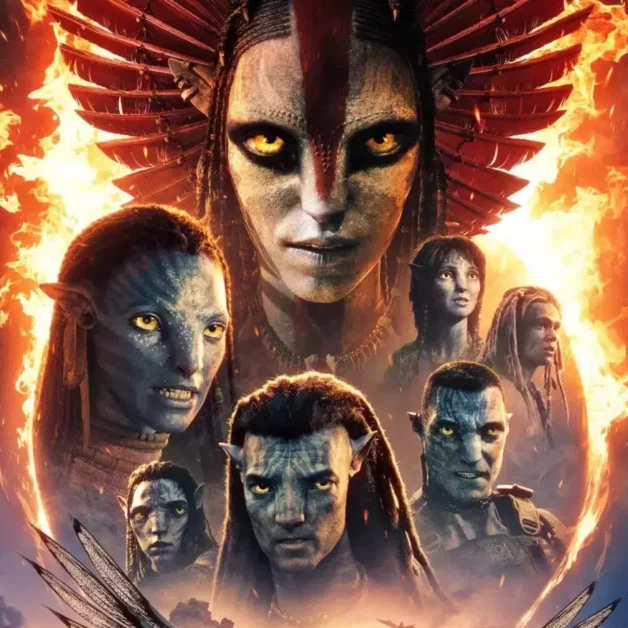
Avatar 3: go behind the scenes with Camille Turon, Motion Editor/Animator and ESMA graduate
19/01/2026- 3D animation
- Our alumni in the credits
All the news
-

Evolution of video game consoles
03/02/2026- Thematic articles
- Video game
-
“Supporting original creation means creating the successes of today and tomorrow! Interview with Perrine Gauthier, producer
30/01/2026- 3D animation
- Pros interviews
-

Dans la peau d’un polatouche : behind the scenes of a 3D platformer with inventive gameplay
28/01/2026- Video game
- Weekly behind the scenes
-

Voice of the pros: Dara McGarry, veteran animator and Director of Recruitment for DNEG Animation in London
23/01/2026- 3D animation
- Pros interviews
-

Rémi Perrier, ESMA student already acclaimed by Pixar
22/01/2026- 3D animation
- Business meetings
-

Offbeat humour and zany birds: take a behind-the-scenes look at El Dodorado
21/01/2026- 3D animation
- Weekly behind the scenes
-

Avatar 3: go behind the scenes with Camille Turon, Motion Editor/Animator and ESMA graduate
19/01/2026- 3D animation
- Our alumni in the credits
-

Behind the scenes of the addictive Crops Warriors with game designer Alexis Raguin
14/01/2026- Video game
- Weekly behind the scenes
-
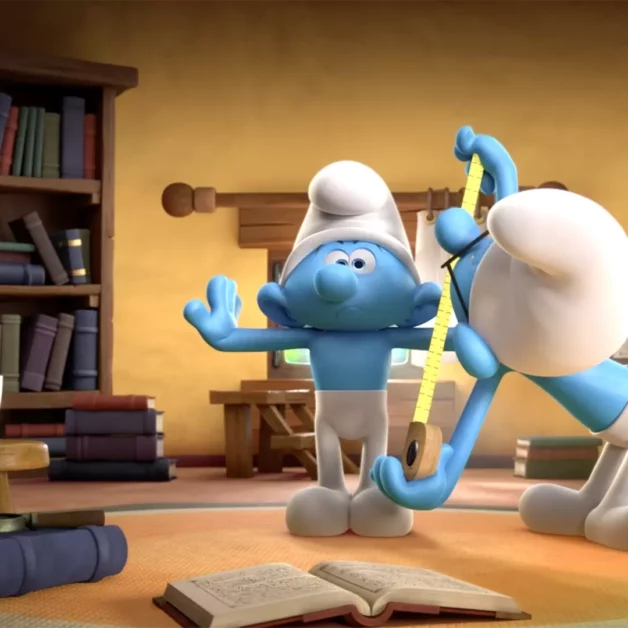
Six Belgian animation studios to keep an eye on to boost your career straight from school
12/01/2026- 3D animation
- Business meetings
-
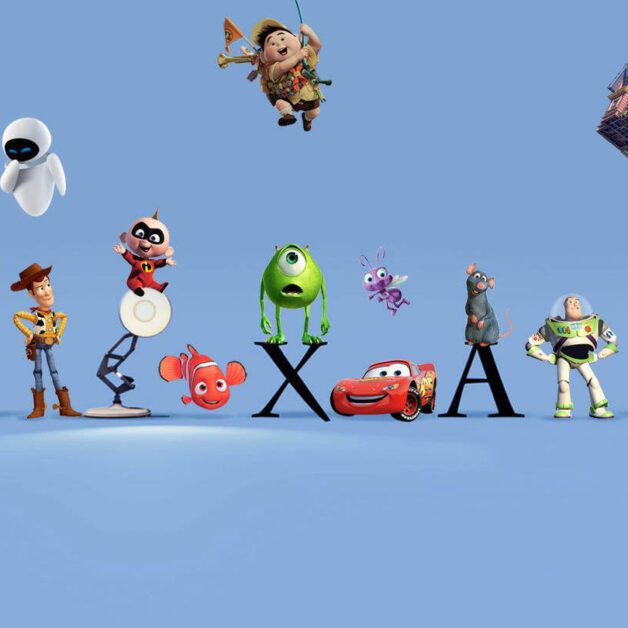
Voice of the pros: Dylan Sisson, Technical Artist and Marketing Manager for Pixar
09/01/2026- 3D animation
- Pros interviews
-
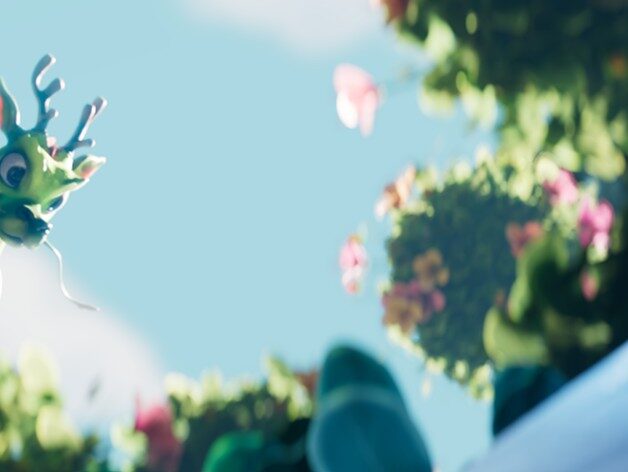
From a tender tale to a legendary confrontation about the passing of the seasons: go behind the scenes of Equinox, a short film by ESMA.
07/01/2026- 3D animation
- Weekly behind the scenes
-
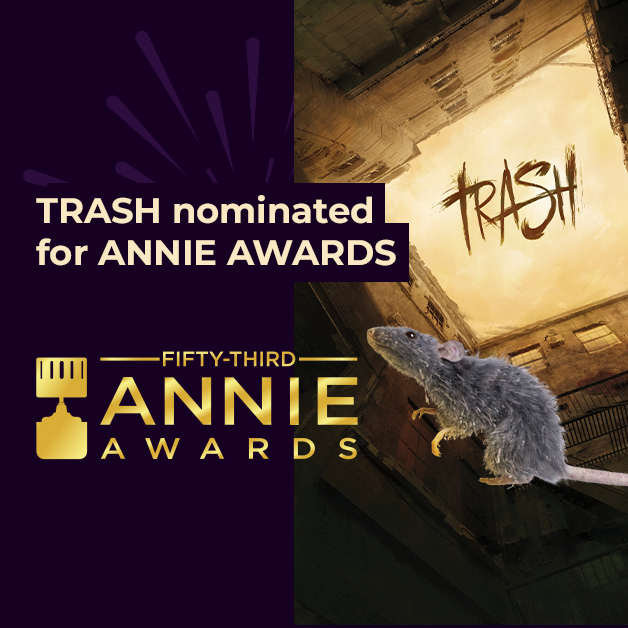
TRASH, nominated for an Annie Award at the world animation summit
07/01/2026- 3D animation
- Selections & Awards
-

Top 10 best-selling video game consoles in the world
05/01/2026- Thematic articles
- Video game
-
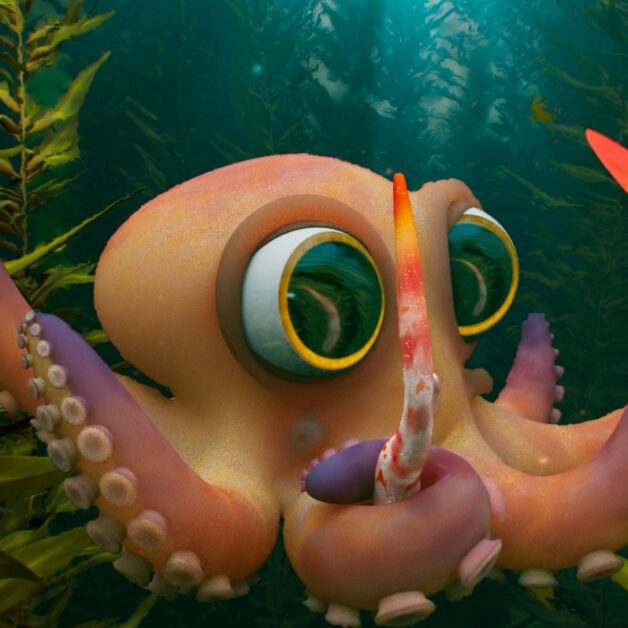
A behind-the-scenes look at Corail, an aquatic and colourful short film by ESMA.
31/12/2025- 3D animation
- Weekly behind the scenes
-

The guide to becoming a game director
26/12/2025- Thematic articles
